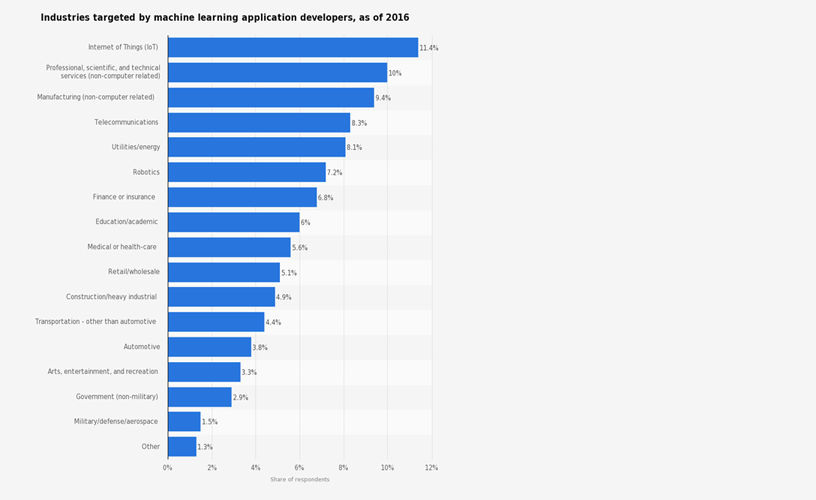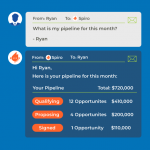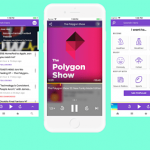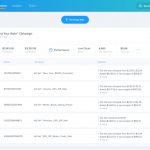Is Artificial Intelligence Ready for Social Media?
— June 9, 2017

65% of US population uses social media. Worldwide, the number of SM users has topped 2 billion. That’s twice as much as the number of people who own a car. Every minute social media users generate 350 thousand Twitter updates and 4 million likes and shares on Facebook. In light of recent events – that is, the growing threat of terrorism and high-profile cyberattacks – security agencies, social media websites and business owners need a powerful tool to monitor and analyze user-generated content. And that’s where social media AI comes in handy.
What is Artificial Intelligence & how is it used in social media?
The “Artificial Intelligence” term may refer to both the intelligence displayed by computers and applications and the science of making intelligent machines and software. AI’s primary task is to understand certain aspects of the real world and use the knowledge for completing various tasks previously performed by humans.
Every time Facebook suggests tagging a friend in your recent photo, you’re dealing with AI. Your favorite face swap apps like Snapchat and MSQRD are powered by neural networks. Also, there are Facebook, Telegram and Kik virtual assistants (aka chatbots) which enable users to interact with a brand they like from inside a messaging app and deliver relevant content to subscribers.
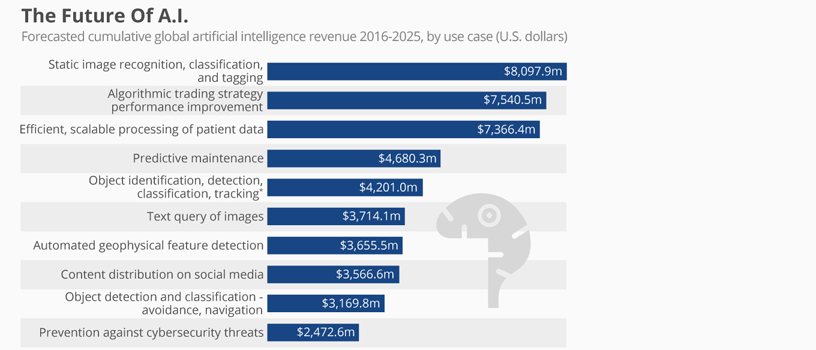
What are the most common AI use cases in social media app development?
- With AI, social media can identify bots and fake accounts. 80 years ago radio helped Nazis seize Europe; today, social networks have become a powerful propaganda channel. There are 81 million fake accounts on Facebook. Twitter bots now spread information regarding presidential elections and can in fact influence their outcome. During the 2016 US campaign, for example, over 30% of pro-Trump content on social media was coming from bots. Ways out? Machine learning algorithms can identify the features common to fake accounts and spammers, filter identical or contextually similar tweets and mark them as spammy or fake. Since AI programs learn over time, the accumulated knowledge can help social media owners and law enforcement agencies timely block malicious content in the future;
- Artificial Intelligence handles user requests and drives customer engagement. According to Business Insider, top four messaging applications (including WhatsApp and Facebook messenger) now have more users that all major social networks. 63.9% of consumers who follow brands on social media believe companies should be available through messaging apps, too. As a result, businesses turn to chatbots – the lightweight AI apps that process questions asked in natural language, navigate customers through digital catalogs and websites and distribute promotional content. Although most messenger bots are triggered by keywords and cannot engage in long conversations, they can easily process trivial customer queries (“Do you have the item in stock?” or “Do you accept PayPal payments?”) and connect users to a customer support specialist when confused. Chatbot promo messages have a 65% higher open rate compared to emails and push notifications. 30% of US customers would like to spend as much as $ 55.8 on a bot-assisted purchase. What’s more, Sephora, Rogers and other companies that used chatbots for business purposes through 2016 registered bot-driven growth in bookings and customer satisfaction;
- AI helps companies optimize social media marketing efforts. Recent studies show that 73% of customers need to be nurtured before they convert into buying leads, and the best way to steer customer experience in the right direction is to provide them with high-quality personalized content. With the rise of AI algorithms, companies no longer have to employ an army of SMM specialists to sort through enormous clusters of user-generated content; it is AI that surfs through social media profiles, helps marketers refine buyer personas and determines what type of content will resonate with their audience.
And here’s what IT experts think about AI and its social future:
“Instead of worrying about potential job losses, brands should thank AI for freeing up so much time that can now be spent on creative work”
John Hagel (Deloitte)
“Thanks to facial recognition, brands will soon be able to target customers who follow them on social media in real world”
Andy Pringle (Performics)
“Brands should let AI start a conversation on social media and add humans on board once a customer’s questions get too complex for an algorithm”
Forrester
Besides, Artificial Intelligence can be entertaining. You’ve probably heard about Xiaoice, the famous Microsoft bot running inside the WeChat messaging application. Xiaoice surfs Chinese social media and forums picking up new words and conversation patterns and befriends WeChatters. The AI assistant can answer basically any question, acting as a shopping assistant, your bestie or…girlfriend. Microsoft claims 25% of Xiaoice’s 40 million users have confessed their love to the bot at least once. In a world where social media cause depression and loneliness in users, having someone you can always talk to might be a good thing, right?
Social AI gone wrong & why Forrester makes a point we should remember
Before you start looking for a social media development company to make AI part of your digital strategy, there’s a story you must hear.
Tay (the name ironically stands for “Thinking about you”) was a Microsoft chatbot designed to mimic language patterns of a 19 y/o US girl. The bot was released on 23 March 2016 on Twitter – only to be taken down 16 hours later. Here’s what went wrong.
Powered by machine learning algorithms, Tay was supposed to interact with humans, filter user-generated content and memorize new phrases and sentence patters. The poor bot, however, was attacked by an army of Twitter trolls who bombarded it with racist and sexist questions. As a result, Tay’s tweets went from “humans are super cool” to “feminists should die and burn in hell” in mere hours.
As of June 2016, the remastered bot is still available on Twitter; however, only “confirmed followers” are allowed to chat with Tay and see its tweets.
This brings us back to what Forrester says.
AI may be 40% better at diagnosing cancer than human doctors; however, it’s not smart enough to go live on social media and talk to users the way Siri would. Instead, machine learning algorithms should be running in the background boiling user data to something meaningful. At least for now.
Digital & Social Articles on Business 2 Community
(90)


